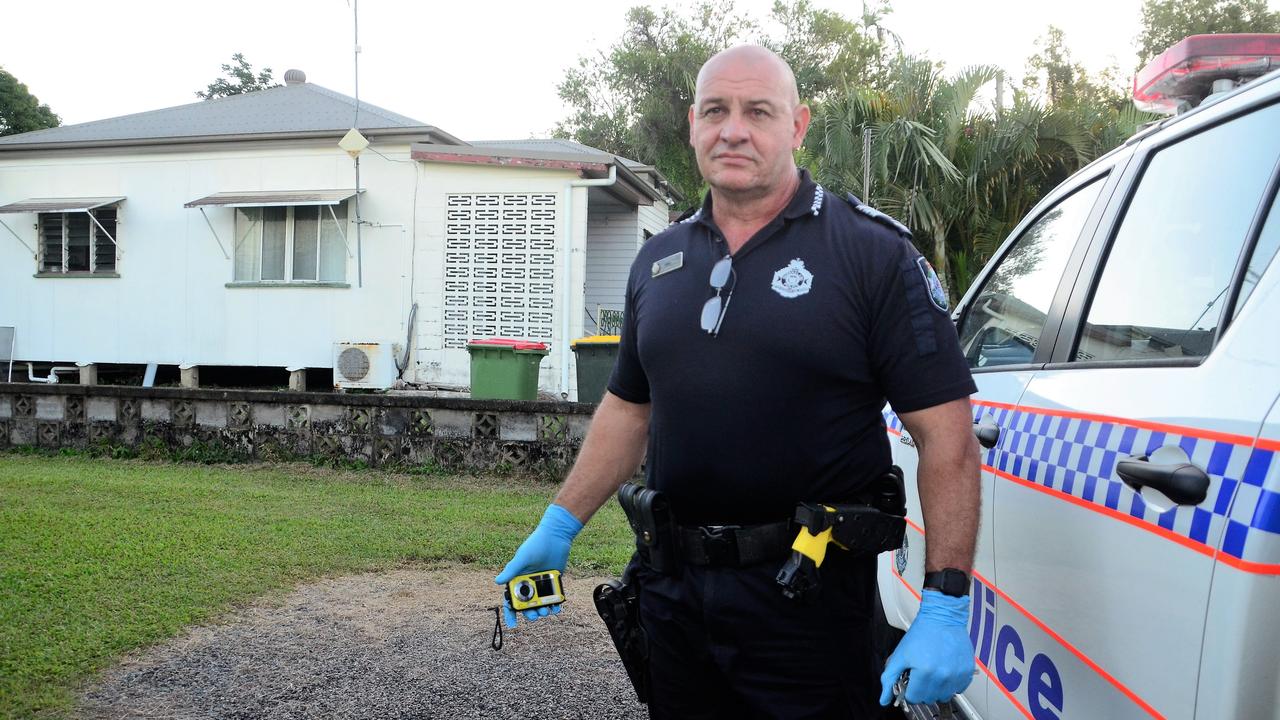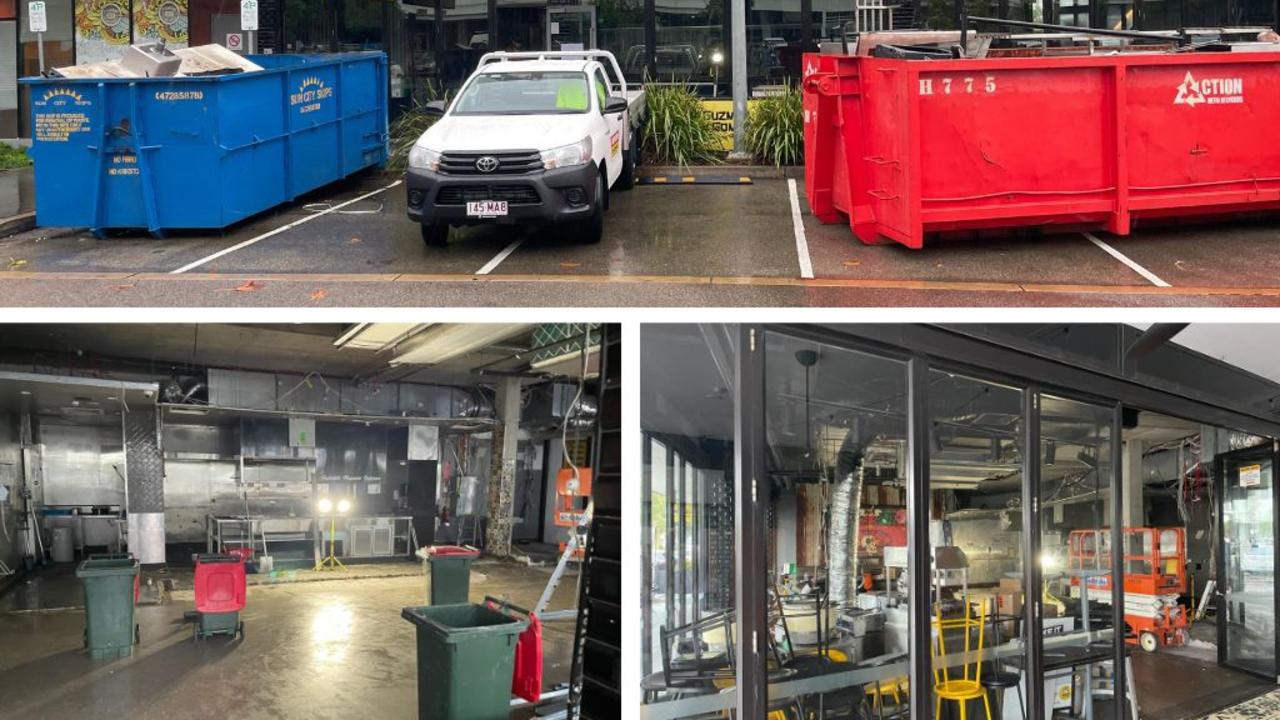Townsville Dry Tropics Waterways Report Card gives Bohle River Sub-Basin a ‘D’
A collective of more than 20 organisations monitoring the health of Townsville’s rivers, creeks and coastal waters has given a damning assessment of the Bohle.
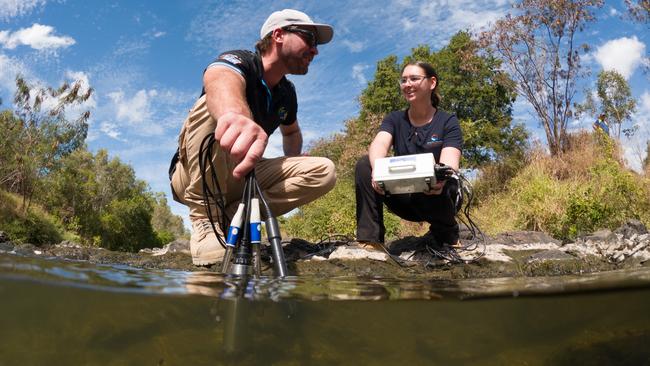
Townsville
Don't miss out on the headlines from Townsville. Followed categories will be added to My News.
A collective of more than 20 organisations monitoring the health of Townsville’s rivers, creeks and coastal waters has given a damning assessment of the Bohle.
According to the Townsville Dry Tropics Waterways Report Card, published by the Healthy Waters Partnership, the Bohle River Sub-Basin received a ‘D — poor’ grade for water quality for the fifth successive year.
The partnership, which includes the Australian and Queensland governments, Townsville City Council, Port of Townsville and JCU TropWATER, said the grade underscored the need for community action and continued environmental stewardship in Townsville’s most densely populated urban basin.
“Despite only covering about 10 per cent of Townsville’s local-government area, almost 50 per cent of our population is packed into this catchment,” Partnership executive officer Kara-Mae Coulter-Atkins said.
“This means half of our town is gardening, driving, building, planting, and operating in the Bohle: It bears a significant urban load.”
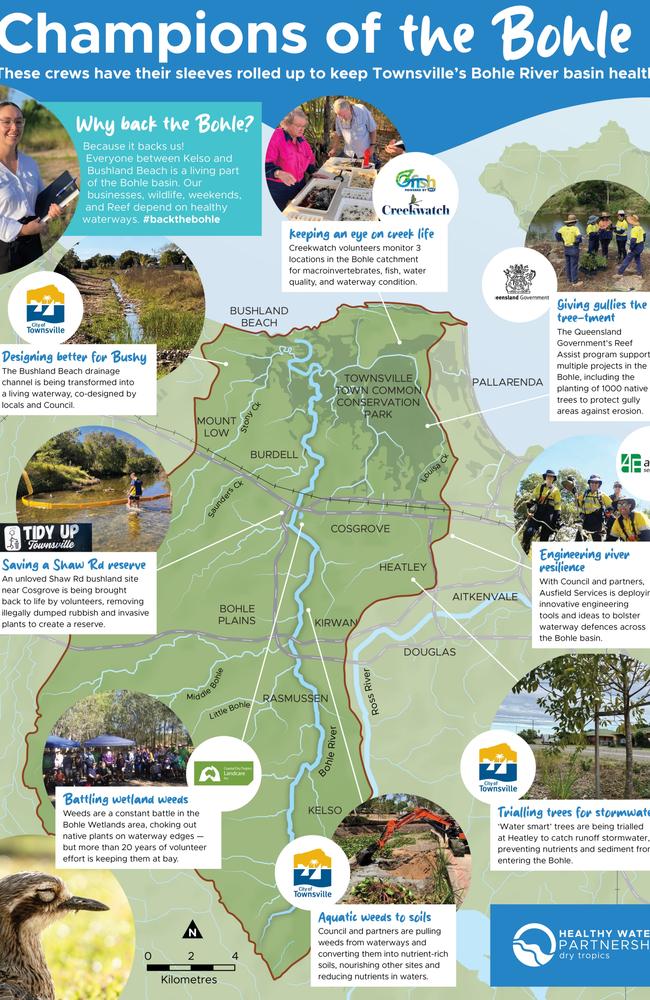
According to the report, the poor grade reflects high levels of the nutrients phosphorus and nitrogen, found in both the Bohle River’s freshwater (upstream) and estuarine (downstream) environments.
Louisa Creek, which flows to the Bohle River through the Town Common Conservation Park, receives an ‘E — very poor’ for total phosphorus levels.
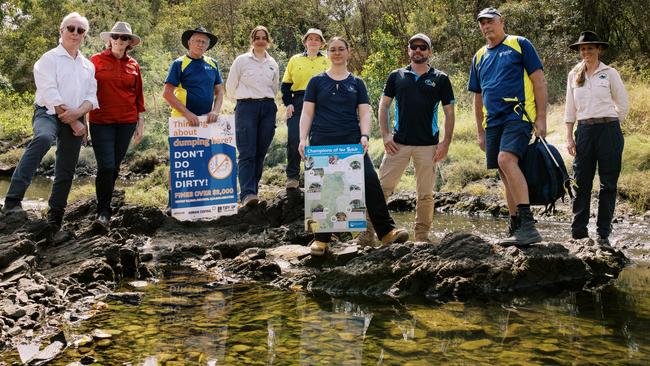
Ms Coulter-Atkins said the Bohle’s D grade was a “clear signal that it cannot thrive without the collective efforts of everyone who lives and operates in its catchment.”
“The community, business, and government organisations in our Partnership are already working together to find sustainable solutions for the Bohle — but we must intensify and extend our efforts.”
Several initiatives have been launched to address water quality issues in the Bohle River basin by organisations celebrated as ‘Champions of the Bohle’ by the Partnership, including TIDY Up Townsville.
Residents have also been encouraged to join efforts to ‘Back the Bohle’ by getting involved in local clean-up and planting events, reducing their use of artificial fertilisers, pollutants, and plastics, and supporting local conservation programs.
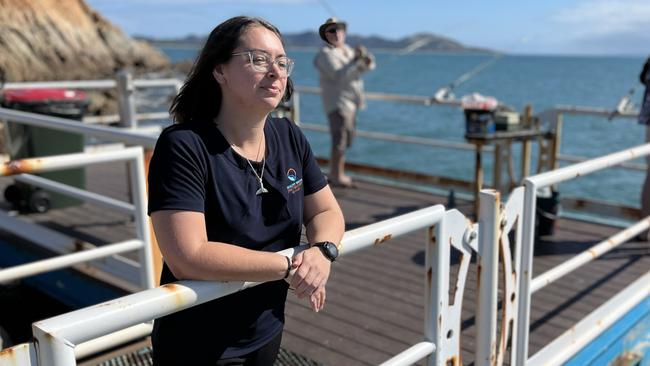
Minister for the Environment and Great Barrier Reef Leanne Linard said the report card showed continued community engagement and action was “vital to support the water health of this highly urbanised environment”.
“The Miles Government is committed to working with and empowering community groups and natural resource management organisations to take meaningful action to help conserve our environment.”
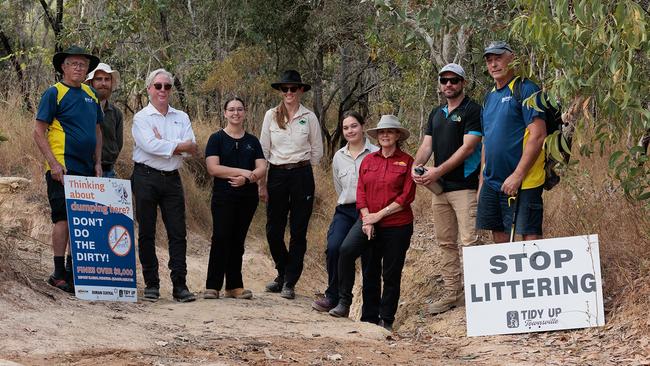
Port of Townsville CEO Ranee Crosby said the Report Card provided insight into the health of local waterways and underscored the importance of working together to protect and enhance the region’s ecosystems.
“Healthy waterways deliver many benefits to the local community and data collected through the partnership gives us a more comprehensive understanding of the Dry Tropics’ water health than any of its contributors could gather alone,” she said.
“It’s great we can work together to ensure the sustainability and health of our waterways for future generations.”
The data behind the Report Card does not identify specific sources of the nutrient pollution, but the Partnership suggests “cumulative factors are having an impact”.
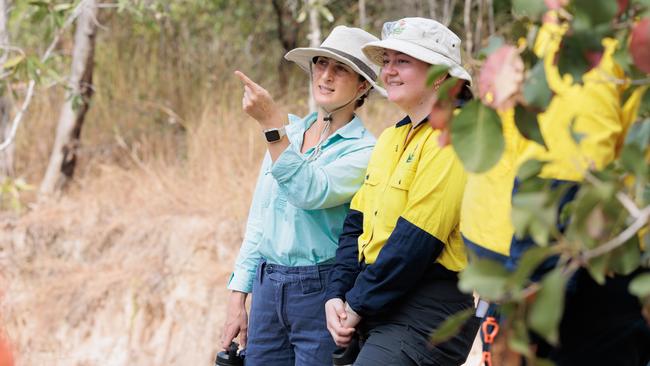
Other notable results from the 2024 Report Card include:
• The Black Basin receives ‘good’ grades for water quality for the fifth year in a row, with some exceptions, notably in Ollera, Sleeper Log and Althaus Creeks
• In both Ross and Black Basins, fish grades have declined against the previous monitoring period
• In the Black estuarine environment, extents of mangrove and saltmarsh have increased. Conversely, riparian vegetation in this environment has decreased
• A concerning amount of macroalgae is settling into Cleveland and Halifax Bays, potentially dominating valuable real estate otherwise prime for juvenile coral growth
• Juvenile coral in the Offshore Zone beyond Magnetic Island continues to recover against previous years
• Sites under the most litter pressure are Big Rock Bay and Picnic Bay, on the exposed eastern side of Orpheus Island
More Coverage
Originally published as Townsville Dry Tropics Waterways Report Card gives Bohle River Sub-Basin a ‘D’




